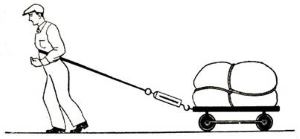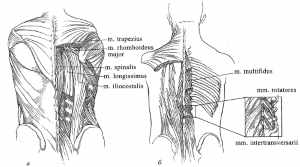Forms of corruption
The exact form corruption will take depends upon context. What is corrupt in one country may not be in another. Communist and Islamic countries consider various aspects of capitalism to be corrupt. All countries pay lip service to the evils of bribery, fraud, extortion, embezzlement, and kickbacks. There is a wide range of opinion about what qualifies as corrupt, but less difference of opinion about "grand," "syndicated" or "systemic" corruption (these terms again, like the term "endemic" referring to an unspecified, but presumably large number of people regularly engaging in corruption). Grand corruption presumably involves the top levels of government, but determining the extent of corruption throughout a whole government is an inexact science. Some of the most common forms of "syndicated" corruption are as follows:
- bribes to reduce the taxes paid to a government
- payoffs to police in order to look the other way
- bribes to customs agents to overlook an illegal import
- collusion among contractors to obtain high procurement prices
- selling international food relief supplies for profit.
Bellow is the list of the forms of"systemic" corruption:
- bribery and graft (extortion and kickbacks)
- kleptocracy (stealing and privatizing public funds)
- misappropriation (forgery, embezzlement, misuse of public funds)
- nonperformance of duties (cronyism)
- influence peddling (favor brokering and conflict of interest)
- acceptance of improper gifts ("speed" money)
- protecting maladministration (cover-ups and perjury)
- abuse of power (intimidation and torture)
- manipulation of regulations (bias and favoritism)
- electoral malpractice (vote buying and election rigging)
- rent seeking (charging after creating artificial shortages)
- clientelism and patronage (favors in exchange for support)
- illegal campaign contributions (gifts to influence policy)
Although corruption comes in many shapes and sizes, it has one thing in common -- the inappropriate mix of public and private. Corruption almost always occurs for personal reasons when someone does something different than what their public duty requires of them. It violates one of the primary rules of public administration -- that public officials are not supposed to profit personally from public office. Bribery (a root form of systemic corruption) has been defined as "the use of reward to pervert the judgment of a person in a position of trust" (Nye 1967). Public office should not be an opportunity for plunder. Legislative decisions are also not supposed to be for sale to the highest bidder. All states should draw a sharp line between market and nonmarket mechanisms for allocating resources. Clearly, however, there is no such thing as a country totally free from corruption; and no such thing as "absolute integrity".
Дата добавления: 2016-07-18; просмотров: 1783;










